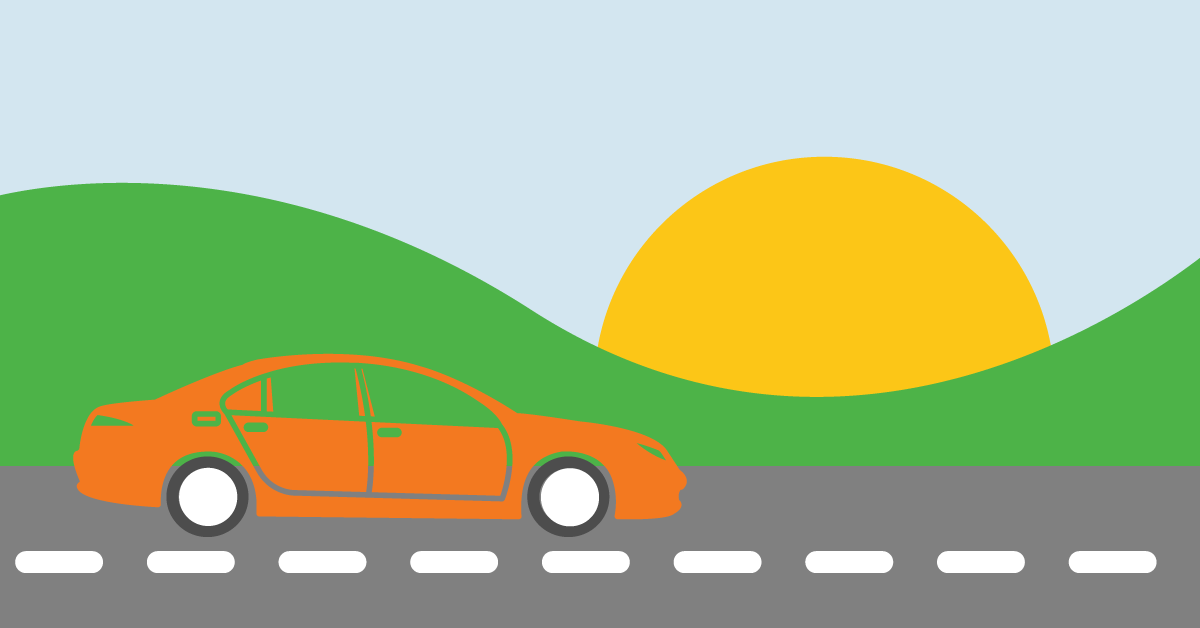
Busy roads due to holiday and higher temperatures can put extra stress on drivers and cars, but this can be reduced by minimising the chances of a breakdown on the road. Here are a few issues you may come across while driving during the summer months.
Water logged or lost key fobs
If you are at the beach you may misplace your keys in the sand, or even accidentally take the remote into the water and discover the car doors will not open. This is due to the salty water ruining the electric circuits inside, most cars do have an alternative to open the car but it is better to keep your transponder key safe in the first place.
Punctures
Any existing damage to the rubber on your tyres can be aggravated by hot temperatures especially if your tyres are under-inflated, causing friction and even more heat to create blow-outs and punctures.
- Adjust your tyre pressure for any extra load you may be carrying.
- If you are towing a caravan replace any cracked or damaged tyres.
Overheating
Cooling systems can experience high heat issues too. If your cooling fan is broken, hoses are leaking or having a low coolant level this increases the chances of overheating and damage. You would soon realise if your fan is broken when your engine temperature rises when stuck in slow moving holiday traffic.
- Make regular coolant reservoir level checks.
- Make sure there the coolant hoses have no white or wet stains on them.
- You can test the fan by running the car to normal temperature and allow the engine to be idle for 10 minutes and the cooling fan should start automatically.
Summer fuel saving
- Use a roof box if you are carrying luggage on the roof, or load as low as possible onto a roof rack and wrap in tight plastic sheeting.
- Remove the roof rack or box if you are staying in one place on holiday to save fuel costs when out and about in the car.
- If you are carrying extra luggage or passengers, increasing tyre pressure may help.
- Prevent extra drag by not having windows open and trying to use the air vents on a motorway.
- If windows and doors are open then don’t start the air-conditioning, you may also be able to turn down or turn off the air-conditioning once it has cooled the inside of the car.
- If you are carrying extra luggage or more passengers then increasing tyre pressure may help.
Fatigue
Turning up the radio, getting some fresh air or exercise may help in the short term so try these tips:
- Break up your journey with a 20 minute break over 3 hours.
- On even longer journeys try to take a break every 2 hours.
- Taking frequent 20 minute short breaks are better than taking a long stop.
- Don’t have a heavy meal or alcohol before driving.
- Drinking 2 cups of coffee or taking a short 15 minutes nap can help to counter sleepiness.
Hay fever
Hay fever is particularly bad in the summer and if you sneeze at 70mph you lose your vision for as much as 100 metres.
- Take non drowsy medication for your hay fever.
- If there is a high pollen count on the day ask if someone else can drive.
- Research how to get cabin pollen filters for your type of car.
- Make sure you have tissues.
- If you are about to sneeze – slow down and drop back.
- Reduce the amount of pollen grains in the car by closing air vents and windows.
- To get rid of dust make sure carpets and car mats are vacuumed during the summer.
Fire
Lit cigarette butts can cause dry roadside grass to ignite, this endangers the wildlife and puts motorists at risk due to visibility being reduced due to smoke and congestion from emergency services trying to put out the fires.
Glare
- Accidents are caused by sun glare especially under dawn or dusks clear skies.
- Make sure you have a clean and scratch free pair of sunglasses handy.
- Glasses with lenses that darken in strong sunlight should be avoided as the UV light is filtered out by the windscreen causing the glasses to change slowly.
- Make sure your windscreen is clean on the inside and out so that smears with catch sunlight and impair vision are removed.
- Any wipers that are damaged or worn should be replaced to help increase visibility.



